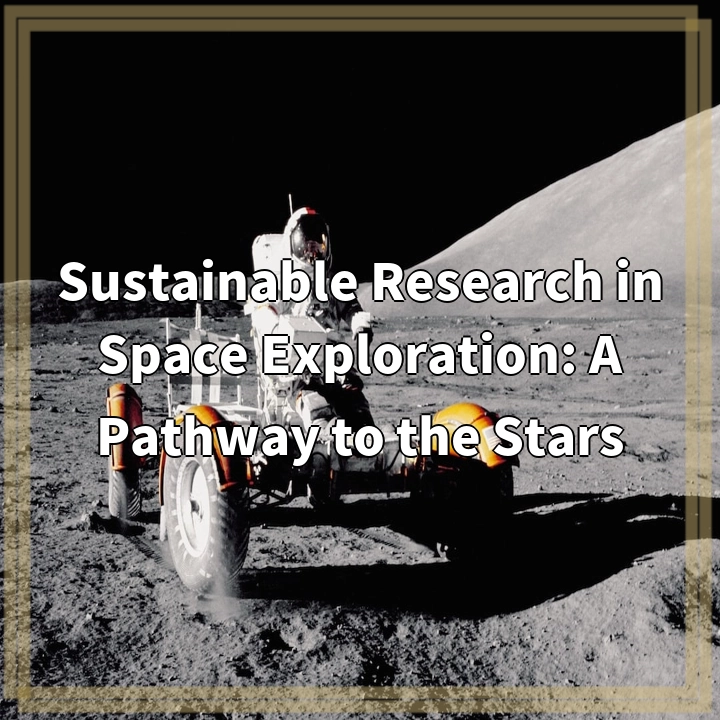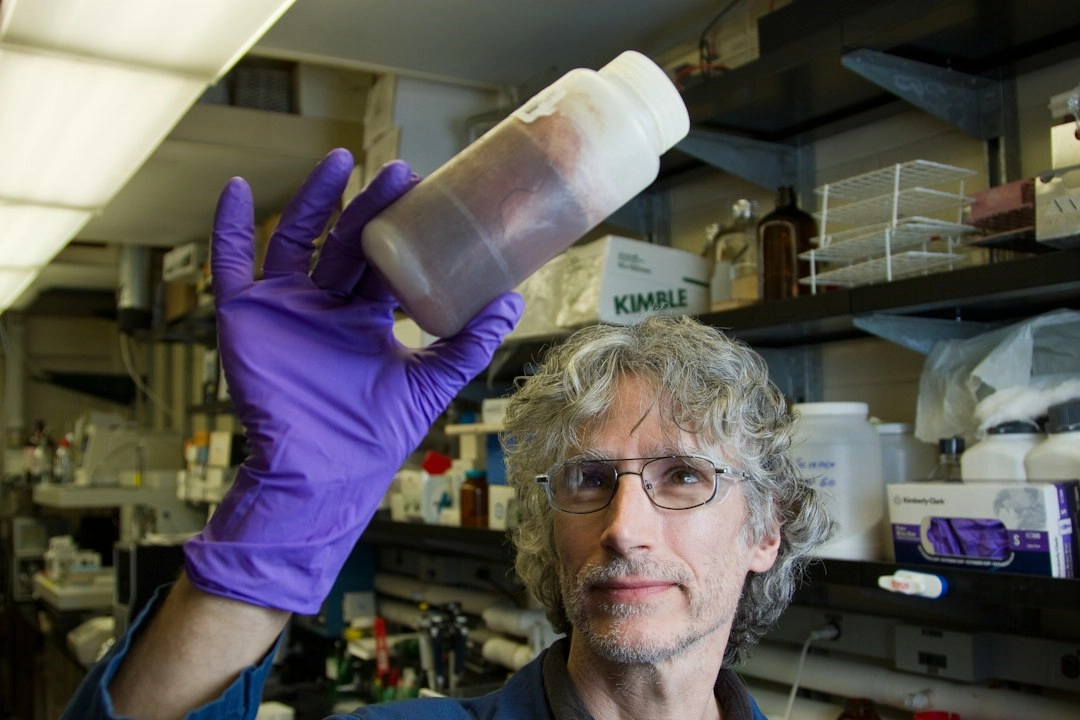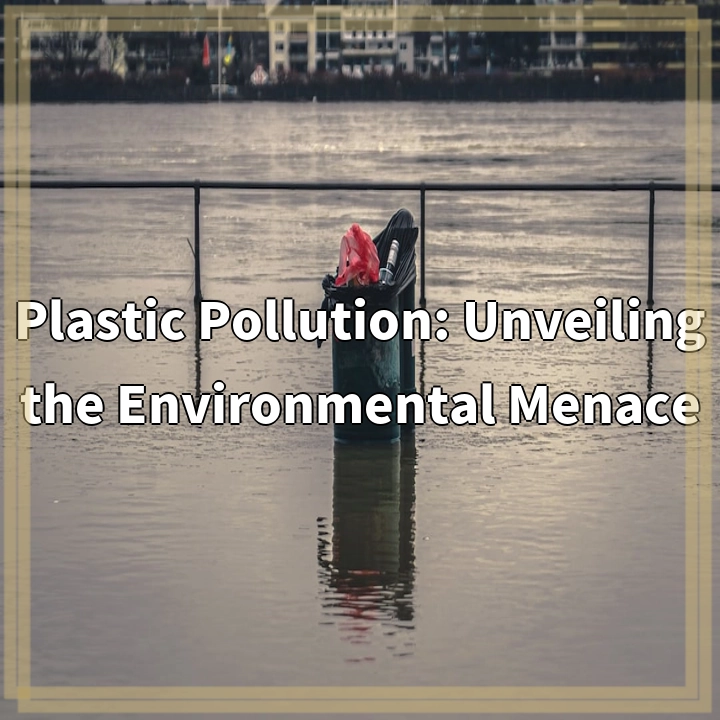
What is Sustainable Research in Space Exploration?
In recent decades, space exploration has captured the imagination of scientists and the general public alike. As humanity ventures further into the cosmos, ensuring sustainability in space research and exploration has become an important aspect to consider. Sustainable research in space exploration refers to the practice of conducting scientific studies and experiments in space while minimizing negative impacts on the environment and preserving resources for future missions.
Real-World Problems Associated with Sustainable Research in Space Exploration
1. Waste Management:
Space missions generate waste in the form of discarded equipment, packaging materials, and human waste. Managing this waste in a sustainable manner poses challenges, as traditional waste management systems used on Earth are not suitable for the unique conditions of space. Developing efficient recycling and waste disposal methods is crucial to minimize the environmental footprint of space exploration.
2. Resource Limitations:
Space missions rely on limited resources, such as water, oxygen, and energy. Ensuring the sustainable use of these resources is essential for long-duration missions and future space colonies. Finding alternative and renewable sources of energy, recycling water and air, and developing efficient life support systems are vital to address resource limitations in sustainable space exploration.
3. Environmental Impacts:
Space missions can have unintended environmental consequences, such as the release of harmful substances into space or contaminating celestial bodies with Earth-based organisms. These impacts can disrupt natural ecosystems and compromise the scientific integrity of future studies. Implementing strict protocols and guidelines for preventing contamination and monitoring environmental impacts is crucial for sustainable space research.
4. Space Debris:
Space debris, consisting of defunct satellites, spent rocket stages, and fragments of disintegrated spacecraft, poses a significant challenge to space exploration. The accumulation of space debris in Earth’s orbit poses collision risks for operational satellites and future space missions. Developing strategies to remove and properly dispose of space debris is essential for the long-term sustainability of space exploration.

Solutions for Sustainable Research in Space Exploration
1. Waste Management:
To address waste management challenges in space, researchers and engineers are exploring innovative solutions such as compacting and incinerating waste to minimize volume, developing advanced recycling systems to repurpose materials, and exploring biodegradable or edible packaging options for reducing waste generation. Implementing efficient waste management practices will contribute to sustainable space exploration.
2. Resource Conservation:
Efforts are underway to maximize resource utilization in space missions. Researchers are developing closed-loop life support systems that recycle and purify water, air, and waste products for reuse, reducing the need for resupply missions. Additionally, renewable energy sources, such as solar power, are being harnessed to minimize reliance on limited resources. Investing in resource conservation technologies and practices will ensure long-term sustainability.
3. Environmental Protection:
To prevent environmental impacts, strict protocols and containment measures are being implemented to avoid contamination of celestial bodies during sample collection and return missions. Thorough sterilization techniques are used to minimize biological contamination. Furthermore, space agencies and organizations are collaborating to track and mitigate space debris, preventing collisions and reducing future debris creation.
4. Research and Development:
Ongoing research and development efforts are focusing on sustainable materials, lightweight construction techniques, and efficient propulsion systems to minimize the environmental impact of space missions. Exploration of alternative propulsion technologies, such as electric propulsion and propellant-less propulsion, aims to reduce fuel consumption and emissions. Investing in research and development will enable more sustainable and eco-friendly space exploration.















